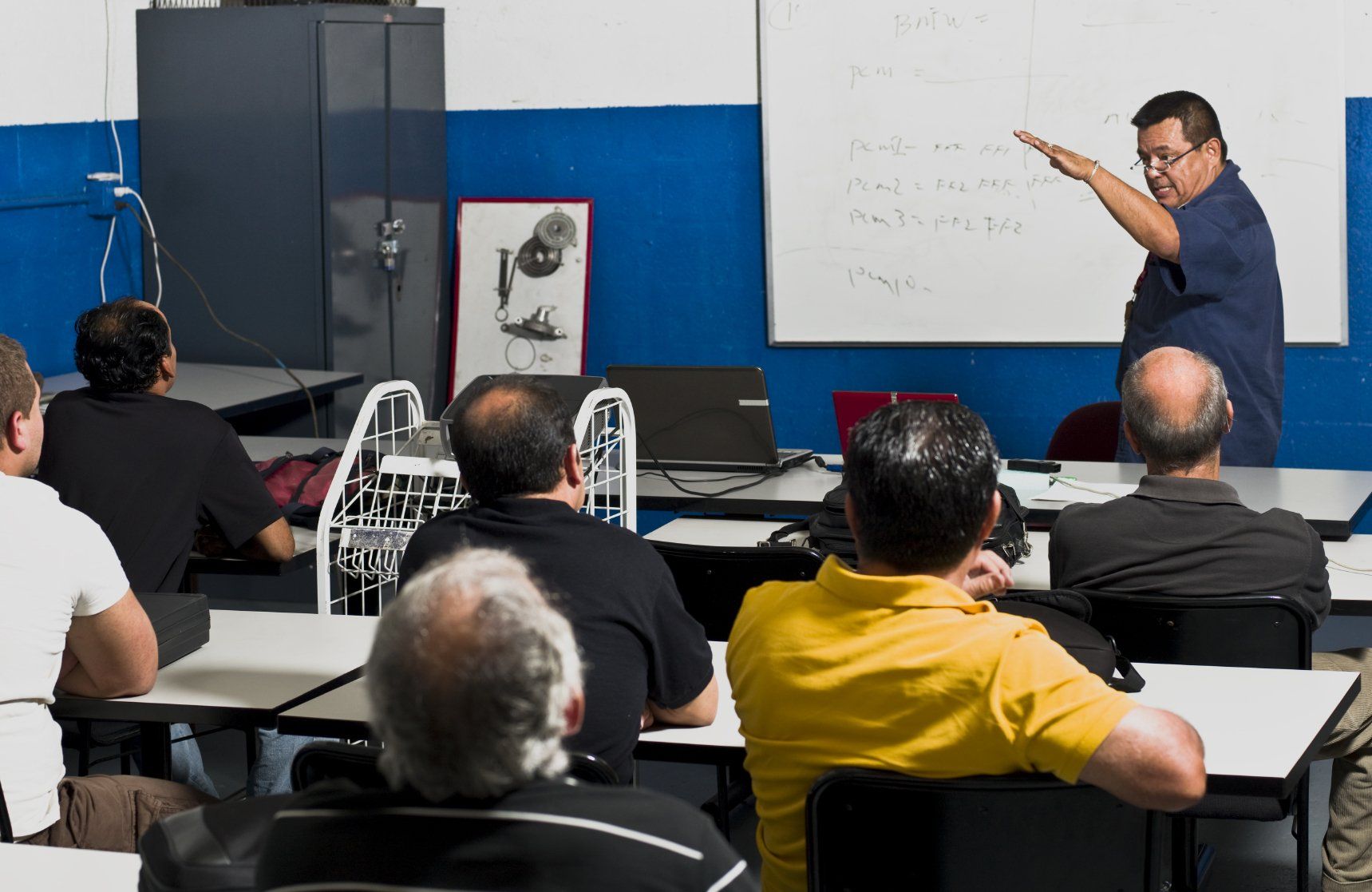Never Stop Learning: Why CPD is Your Business's Best Investment
You are not just investing in individual employees but in the future of your business

In the rapidly evolving landscape of modern business, the importance of Continual Professional Development (CPD) cannot be overstated. As both a business coach and the co-owner of Consulo Compliance, I have witnessed first-hand the transformative impact of CPD on business growth, safety, and compliance. CPD is not merely an educational tool; it is one of the best investments a business can make, pivotal for nurturing adaptability, ensuring safety, and meeting regulatory demands.
The Value of CPD in Business Growth
CPD enables business owners and their employees to enhance their skills continually and stay abreast of industry innovations and shifts. In an age where change is the only constant, the ability to adapt swiftly and effectively sets successful businesses apart from the rest. CPD fosters this adaptability by keeping your skills and knowledge up to date, allowing your business to navigate new challenges and seize opportunities.
For instance, a tech company that regularly invests in CPD for its staff in emerging technologies such as artificial intelligence is often better positioned to incorporate these innovations into its operations, gaining a competitive edge in the market.
CPD and Enhancing Safety in the Workplace
In terms of safety, the benefits of CPD are clear and compelling. Regular training and development in health, safety, and compliance significantly reduce the risk of workplace accidents and health hazards. By staying current with the latest safety protocols and procedures, businesses can protect their employees and avoid costly legal issues.
I recall a particularly telling instance at Consulo Compliance when a routine CPD session on workplace safety protocols helped identify a potential risk area in our own operations that had previously gone unnoticed. By addressing this proactively, we not only averted possible incidents but also strengthened our team’s trust in our commitment to their well-being.
CPD as a Tool for Compliance
Compliance with industry regulations is not just about avoiding fines; it's about building a sustainable and reputable business. CPD ensures that your organisation remains in line with the latest laws and regulations, which can change frequently. Regular training sessions help demystify these regulations, making it easier for everyone to understand their individual role in improving safety and implement new procedures and protocols.
For example, in the construction industry, where safety and compliance regulations are particularly stringent, CPD programmes that keep staff informed about the latest Health and Safety Executive (HSE) guidelines can be the difference between a project delivered safely on time and one that is riddled with dangerous occurrences and incurs significant financial penalties and delays.
The Impact of CPD on Employee Engagement and Retention
Investing in your employees' growth not only equips them with the necessary skills but also signals that you value their contribution and career progression. This can significantly enhance employee engagement and satisfaction. Indeed, studies have shown that organisations that invest in CPD have higher employee retention rates.
Employees often report feeling more competent and confident in their roles following CPD training. This not only enhances their productivity but also fosters a positive workplace culture where continuous improvement is valued and encouraged.
Implementing an Effective CPD Program
Starting a CPD programme involves several key steps:
1 . Setting Clear Goals: Determine what you want to achieve with your CPD programme. This could be improving specific skills, staying updated with industry trends, or ensuring compliance with new regulations.
2 . Choosing Relevant Courses: Select courses that meet the needs of your business and your employees. These could range from online seminars to in-person workshops or even ongoing university courses.
3 . Evaluating Outcomes: Regularly assess the effectiveness of your CPD activities. Are they meeting your goals? Are employees applying what they learn?
It’s also crucial to anticipate challenges, such as time constraints or budget limitations, and plan accordingly. Offering flexible learning options, such as e-learning, can help overcome some of these hurdles.
Conclusion
CPD is an essential element of modern business strategy, not just for maintaining compliance and safety but for fostering a culture of continuous improvement and innovation. As businesses continue to navigate a world where change is the norm, the role of continual learning in driving success and competitiveness cannot be ignored.
I encourage all business leaders to invest in CPD as a priority. By doing so, you are not just investing in individual employees but in the future of your business. If you are unsure where to start or how to improve your existing CPD efforts, seeking expert guidance is a great first step towards getting you on the right path.









